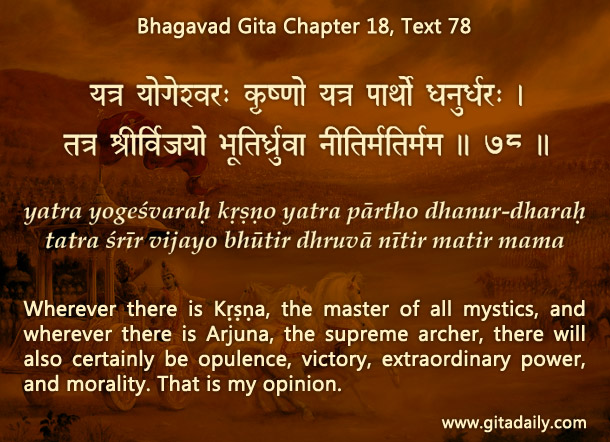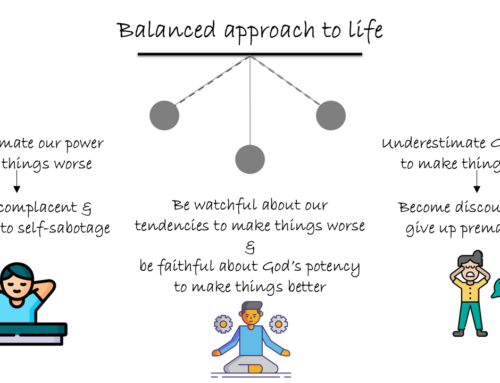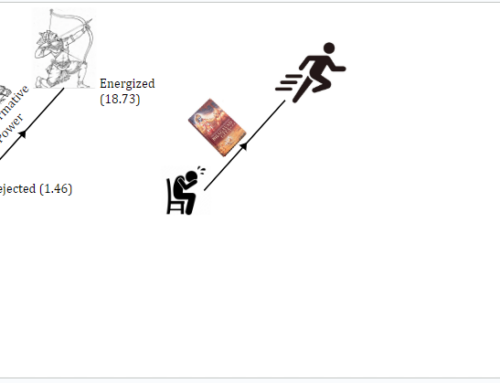Some people hold that surrender to God is demeaning, for it suppresses human will.
Their argument assumes that all surrender happens amidst antagonism, as a defeated warrior might surrender to the victor. But surrender can occur without any antagonism, as happens when a person in love says to the beloved, “Your wish is my command.”
Love is the impetus for surrender in bhakti-yoga. The Bhagavad-gita (05.29) explains that Krishna is the greatest well-wisher of all living beings. When we understand how much he cares for us, we feel inspired to surrender to him. This surrender lets his omnipotence do magic in our heart – by our malleability to his spiritual treatment, we let him eradicate our various human weaknesses that mislead our will and make us act self-destructively. Devotion grants us inner satisfaction that enables us to resist the impure desires the check and choke our potential. Thus, surrendering to Krishna achieves something that surrender to any worldly lover can’t achieve – complete inner purification.
Such perfection of human will through surrender is demonstrated at the end of the Gita. Responding to Krishna’s call for surrender (18.66), Arjuna resolves to do the divine will (18.73). And his surrender empowers him to confidently raise his bow for fighting (18.78). Earlier when he had tried to figure out things using his own will, impure emotions had destroyed his will to act. But when he surrendered to Krishna, his vision and determination were restored, thereby propelling him to his life’s greatest victory.
This path of empowering surrender tread by Arjuna is open to us too. By practicing bhakti steadily in a mood of surrender, we can help Krishna bring out our best. Over time, our life will become a living demonstration of how devotional surrender comprises the perfection of human will.
To know more about this verse, please click on the image
Explanation of article:
Podcast:





Leave A Comment